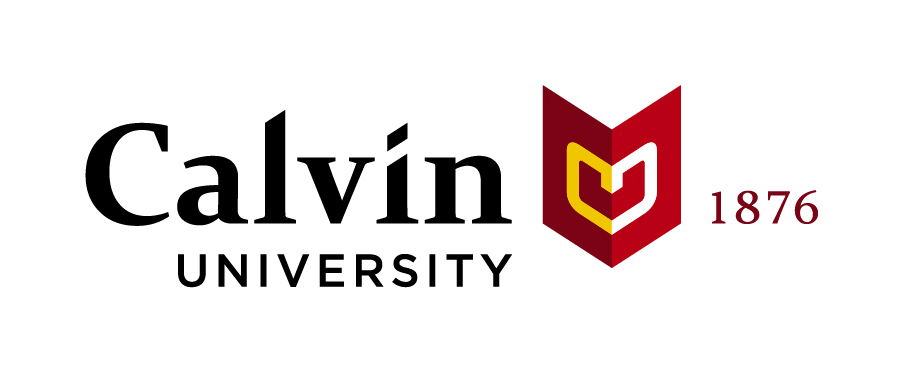Computing Service Projects

|

|

|
Over the years my students (and former students) and I have been involved with computing service projects for schools in both Central America and Africa. We have worked mostly with schools and universities and have witnessed firsthand that "talent is universal; opportunity is not."
There are many challenges that arise when participating in service projects. I gradually came to realize we needed to change our approach if we were best to help computing in these contexts. Best practices avoid "blueprint approaches" and focus on people not products. It is also important not to view technology as the ultimate solution to problems.
Short term service projects come with many potential pitfalls, so working with experienced partners and thoughtful organizations is essential. We have learned that it is most helpful to "train other trainers" and work with local partners who set the agenda. A good resource for service projects is When Helping Hurts.
Besides technical assistance, we have also worked on sharing curriculum and pedagogy for teaching computing. In addition to this, we have also explored how faith informs teaching computing in Christian education and how computer technology connects to the biblical story.
The Raspberry Pi
Most of our recent work has made use of the Raspberry Pi to provide computers for schools in majority world countries. The Raspberry Pi is is a device about the size of a deck of cards and capable of running a full desktop operating system while consuming only a few watts of power. It includes USB ports for connecting a keyboard and mouse along with a variety of other peripherals, an ethernet adapter, and an HDMI monitor connection. While the Raspberry Pi was originally constructed for hobbyists, it has shown to be an appropriate technology for use in schools majority world countries. Rather than shipping bulky, old, refurbished computers with all the associated problems, the Raspberry Pi is a very small device that can be easily shipped overseas. It is also manufactured to comply with RoHS (Restriction of Hazardous Substances) directives. It requires no fans or moving parts; instead of a hard drive it relies on a single microSD card for its storage. It runs the Raspberry Pi OS which includes a wide variety of free and open source educational programs that can be installed. What is more, it can be purchased new with a case and power supply for a modest price.
The ARCHIE Pi
More recently we have configured Raspberry Pi's to run as an ARCHIE Pi. The ARCHIE Pi is essentially an "internet in a box" by providing an open wi-fi access point with a variety of educational content for use in remote locations where no internet access is available. It includes Christian Education Resources provided by the Kuyers Institute and a variety of additional educational content is available to be installed. The ARCHIE Pi requires only a Raspberry Pi and a large microSD card to store all the content. It runs "headless," ie. without a screen or keyboard. For a more detailed description of the ARCHIE Pi project, see this talks presented at the 2023 ASA conference:
For more information, see the following articles we have written describing some of our projects:
